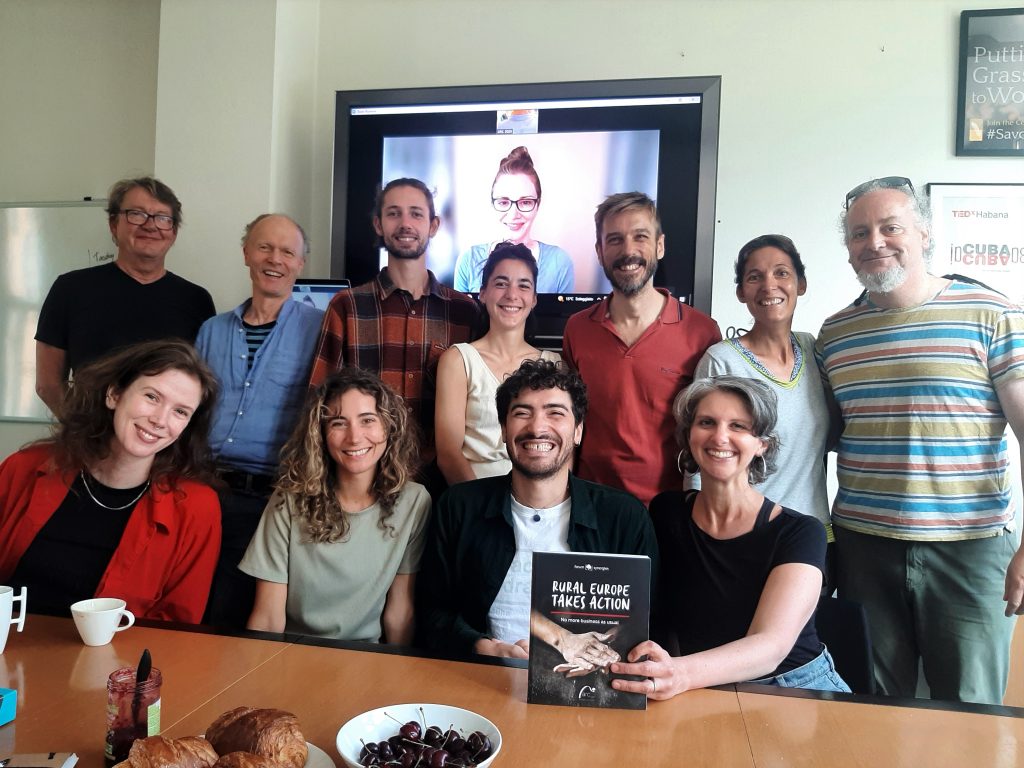
ARC2020 is at once an old and a young organisation. Only a decade ago, an array of organisations came together when Commissioner Dacian Ciolos was at the helm in Agriculture. This seemed like a good opportunity to develop a shared vision for farming, food and rural considerations. These organisations came from many spheres – agriculture, consumers, rural development, health, animal welfare and more.
The Early Days 2010-2015
Our activities in this period consisted of working with others to try to make the Common Agricultural Policy (CAP) more fit for purpose – more adapted to the real needs of people and planet. To this end, we developed a Communication with 150+ organisations from all over Europe.
So from 2010 to 2015, we were a European platform for 150+ NGOs, CSOs and farmer organisations advocating a radical reform of the CAP. You can read our 2010 Communication of European Civil Society to the European Institutions for sustainable farming and rural renaissance here. Our good food march (and cycle!) to Brussels of 2012, which began in rural Europe and found its way to the heart of the EU institutions in Strasbourg and then Brussels (also here) was a fun but important mobilisation, as were our 1400+ photo CAP Snaps which were part of the march. In 2013 this work continued with our go M.A.D. – Meet A Deputy – initiative of 2013.
2015 to Today
The spirit of this work in many ways continues to this day, but with some differences. Since 2016, we are an independent NGO based in Paris with a Brussels office, and with smaller offices and workers in France, Ireland, Belgium, Germany and the Czech Republic. We have a team of contributors who span the widest reaches of the continent – from Iceland to Georgia. Check out also our main publications here.
When possible, we mobilize a range of people, and we pride ourselves on how wide this range is – whether it’s our 2015 conference in Brussels, our community gatherings in Ireland, or our webinars in 2020 – the covid era, people from different perspectives, locations and sectors listen and learn, ask and ponder, and, when possible eat and drink together.
We do still love engaging on the policy level, to try to make how Europe works more democratic, more fair and more adapted to the huge issues we face, from climate to biodiversity collapse. Our CAP Strategic Plans section is the best place to find out more about this.
Having initiated it as part of our early CAP advocacy work, we still work with campaigners Good Food Good Farming with policy analysis and networking, and the annual Wir Haben Es Satt events in Berlin, including the Soup and Talk. This year, our own Matteo Metta presented on CAP; last year, Oliver Moore presented on the farm in Cloughjordan.
As well as this CAP and other agri-food and rural policies work, we try to keep our feet on the ground and our hands in the soil too. We see socio-ecological transition, involving real people in living places, as core to what we do. So finding and engaging with on the ground practitioners in agroecology and rural renaissance warms our collective souls.
To this end, we work with rural people, and help organise events like the rural sustainability gathering in Karditsa 2017 and the European Rural Parliament, most recently in November 2019 in Asturias. It’s important to give people a change to dialogue with each other – to share ideas and practices, concerns and opportunities – and this we try to foster in our debates and serie. These include on technology in 2018 and our rural dialogue of 2019. This rural debate series was especially fruitful, with a rich set of contributions from many people and places. We do try to meld the practical community orientated work and the debates we facilitate with policy proposals: we want what we learn from the communities we work with to feed into our submissions on long term visions and strategies for Rural Europe.
For agroecology-in-action, we organise an annual event in Cloughjordan ecovillage, Ireland, called Feeding Ourselves with our Irish friends at Cultivate. Here, small scale agroecological farmers, rural changemakers, environmental campaigners and cooperative activists come together to learn and share, to network and animate.
We work on building agroecology in a number of other ways, as can be seen in our letter from the farm series, where we give a voice to a number of producers we know and like to work with from around Europe. So far, farmers from Czech, Italy, Ireland, Greece, Romania, Hungary and Portugal have contributed, with more always welcome.
We’ve also helped out with the Agroecology Europe event in Crete 2019, and, earlier, ran an agroecology project, which produced videos and a report in six languages.
When and where we can, however, it’s into the rural we go – Hannes Lorenzen, our President, seems to find good food and good cheers wherever he travels. Be it his own original home on the island of Pellworm, his ancestral origins of rural Russia, the heritage seed movement – with cereal farmers in Denmark or herb growers in Greece – and even further again, to Japan, or Bhutan.
And here is where our work comes full circle! Our Hannes worked for many years in the European Parliament on the organic farming legislation, which will now include a much improved, far more organic-adapted seed availability for future growers – the kind featured by our friends in the Seeds4all initiative.
Recently, with “Nos campagnes en résilience”, we’ve gone deep into the French countryside to connect with people who are engaged in experiments in socio-ecological transition. The seeds of resilience are often sown on farms that are exploring new forms of community. So we’re creating a space for these French farmers to connect with their European colleagues, and to tell their stories.
And most recently again, we’ve published, with our friends in Forum Synergies a new book called Rural Europe Takes Action – no more business as usual. This simply spectacular compendium of people and places, of innovative policy proposals, of visions and structures and strategies, represents the collective work of dozens of people from the far-flung corners of Europe – from Sápmi to the Carpathians, from the welcome village of Riace in Italy to our agroecological grandparents of the 2050s. We are very proud of this brimming, bountiful beautiful book. You can find our more by clicking on the image of its launch in the European Parliament below.

So now you know! And, welcome aboard the ARC!
ARC Board and Staff Members
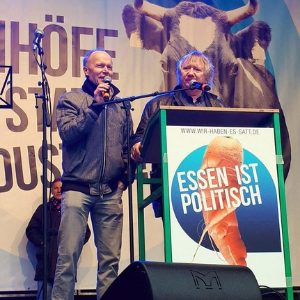
Hannes Lorenzen, ARC Co-Founder and President
“Networking across Europe is my passion. I like bringing people together from all walks and ways of life. It is fascinating to get in touch with the growing number of folks and places breathing the new life we want. For me, the struggle for system change in farming and food is essential and very urgent. I am not afraid of politics and also enjoy hands-on in farming and gardening. Doing the splits between wide Europe and my small home island in North Friesland is a very stimulating and enriching exercise.”
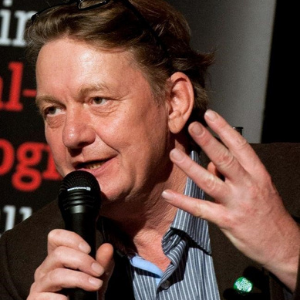
Benny Haerlin, ARC Co-Founder and Vice President
From global aspects of good food and good farming to “Wir haben es Satt” demonstrations on the future CAP down to a 2000 m² global plot providing kids and their parents as well as Fridays for Future activists with a hands on experience of the land that feeds them, Benny Haerlin is into #foodsystemstransformation. Heading the Berlin office of the German Foundation on Future Farming aka “Save Our Seeds” he also has an eye on seeds and soil politics as well as old and new genetic engineering technologies and Gene Drives. With this portfolio and a lifelong Europhilia, being the Vice President of ARC2020 is kind of inevitable.

Andrzej Nowakowski, ARC Board Member and Greens/EFA advisor on Agriculture and Rural Development
With a background in Ecology, Andrzej has been working on sustainable agriculture policy for more than 20 years: “I am passionate about mainstreaming farming models that work with nature and that build up biodiversity at the same time as farmers and their communities”. With an interest in agroecology, agronomy and permaculture, specifically in alternatives to synthetic pesticides, but also bringing soils back to life and putting trees into farm systems: “I am motivated to work with civil society and academic networks to find allies to help strengthen our ecosystems – biological, social, political – for the future.”

Ollie Moore, ARC Editor-in-Chief and Communications Director
Whether its on the ground in Cloughjordan Ecovillage where he volunteers with the community farm, in University College Cork talking to Masters students, or in the policy sphere with ARC, Oliver lives, breathes, eats and drinks the world of agri-food and rural affairs. This two pronged approach keeps the midlander going – building a better world in Ireland and fighting the good fight in Europe. “We need both – to practice food sovereignty on the ground, and to work for better agri-food and rural policies at national and EU levels. That’s why ARC is such a good way to engage, share, mobilise, strategise and make change happen.”
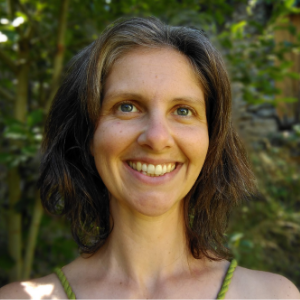
Louise Kelleher, ARC Communications Officer
Louise believes the world would be a better place if we all knew where our food comes from. She is excited about how we can get there: by re-establishing connections with food and nature, decolonizing food systems, and learning to live in sufficiency and community. As part of the comms team at ARC, her favourite bit of the job is sharing the wisdoms of farmers who have a deep respect for the land and for all Earth’s creatures. An Irish emigrant in rural Bohemia, Louise’s background is in translation and intercultural communication, which is why she is delighted to be part of “Nos Campagnes en Résilience” – ARC’s new project to build rural resilience in France. There are so many fascinating experiments in socially conscious farming and rural community happening on the ground in France, and she can’t wait to tell the rest of Europe about it!
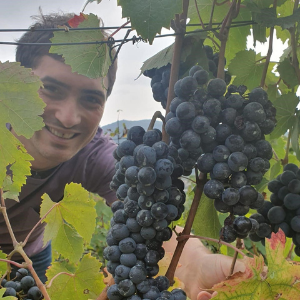
Matteo Metta, ARC Policy Analyst
Coming from a family farm in the South of Italy, pruning ancient olive trees every year during his studies, Matteo Metta is a passionate researcher in agriculture, food, and rural development. He coordinates the CAP Strategic Plan project for ARC2020 and animates a network of scientists and civil society organisations working towards a fairer, greener, and rural-proofed Common Agricultural Policy post-2022. Matteo believes that the links between farms and the regional economy, environment, and society should be strong, resilient and fair. In his PhD research, Matteo is exploring how digitalisation can support or hinder farm diversification activities, like social farming or eco-system services in the frame of agricultural multifunctionality.
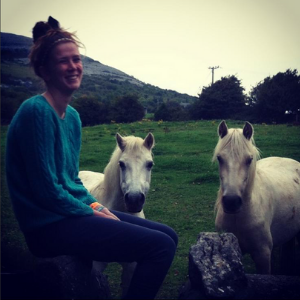
Alison Brogan, ARC Partnership Assistant
“I am excited about food and farming system transformation because by transforming the dominant modes of food production, distribution and consumption we can dismantle systems that disconnect humans from each other and from nature. Working on ARC’s Partnership and rural strategising, I am eager to continue to use our platforms to amplify calls for better food, farming and rural well-being and spotlight the examples and solutions that light the way forward.”

Ashley Parsons, ARC EU, France Correspondent
On her 7000km journey from France to Kyrgyzstan on bicycle and horseback, daily interactions and sometimes long sojourns with rural farmers and grassroots organizations showed Ashley Parsons the resilience and strength of our rural communities. Ashley is a writer and journalist dedicated to exploring potential and existing systems of inclusive progress, whether they are found in the agro-economy sphere or in the larger biodiversity and environmental conservation movement. In her work with ARC2020, she acts as the Paris correspondent, covering newsworthy agri-food and rural topics at the EU level, communicating with partners, and assisting with the on-the-ground work of Nos Campagnes en Resilence in supporting farmers and other rural actors.
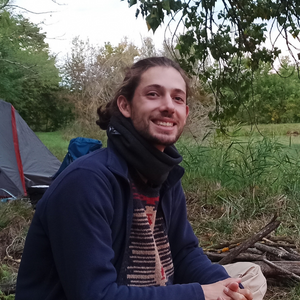
Mathieu Willard, ARC CAP Policy Analyst and Animator
After five years of studying agronomy, it was time for Mathieu to get on his bike and discover the idyllic landscapes of rural France and Spain. After several stops at various farms, and dozens of encounters with farmers and peasants, Mathieu realised that once back in Brussels, he wanted to analyse and understand what shaped the future of the people who had welcomed him throughout his journey. As CAP policy analyst and animator for ARC2020, Mathieu will delve into the intricacies of the Common Agricultural Policy and propose analyses that would highlight the changes that European agriculture and rural areas need as well as the means to achieve it. In his work with ARC2020, he will work to connect the different stakeholders in CAP, to help build a better future for agriculture. “I believe that it is urgent to invest in rural communities to allow for the development of living, vibrant, economically and socially valued rural areas. Decisions taken at the political level largely influence the possibility for people to develop food sovereignty and food systems that are respectful of people and the environment.”
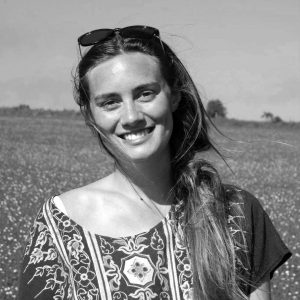
Natasha Foote, Brussels correspondent
Natasha is a freelance journalist, podcaster and moderator specialising in EU agrifood policy. She previously worked as an agrifood journalist with the EU media EURACTIV, and before that spent several years working on farms around Europe to learn more about the realities for farmers on the ground. Natasha holds a Master’s degree in Environment, Development and Policy with distinction from the University of Sussex, where she worked on food issues and alternative approaches to food production.
ARC2020 is supported by
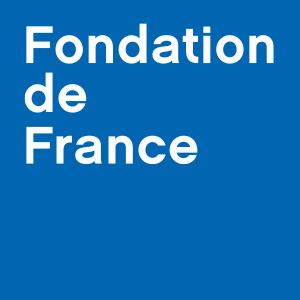




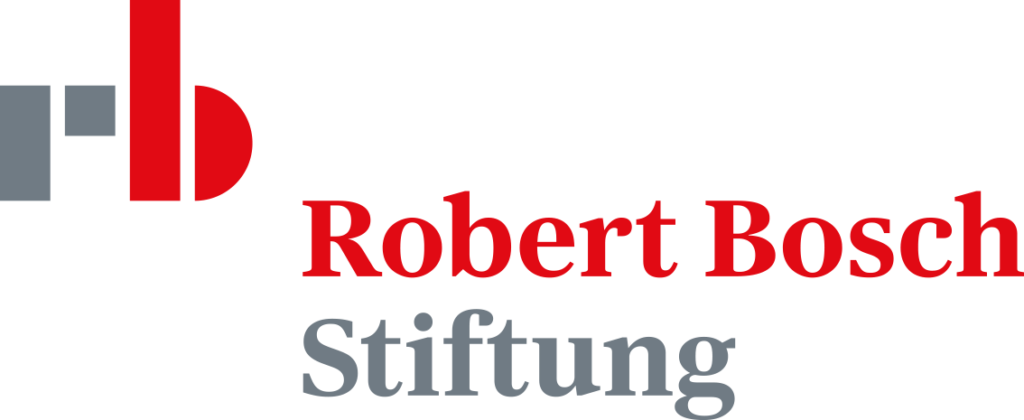


1 Trackback / Pingback
Comments are closed.